LESSON OVERVIEW
The main objectives of this speaking lesson are to:
- talk about travel experiences and travel preparation;
- watch and discuss a video about tips on packing;
- explore problems and solutions for travel situations.
With this lesson plan, students engage in speaking about travel preparation. They talk about their personal experiences, potential challenges when travelling, and the pros and cons of different travelling scenarios. Students watch a video about packing for a trip, discuss how to avoid problems and talk about expectations of fun. You can also do a vocabulary activity to revise vocabulary related to the topic (e.g. lose one’s luggage, exchange currency, delay flights, etc.).
60 minSpeaking ClassUnlimited Plan
This is a Speaking Class worksheet. It includes a variety of tasks that let your students practise their speaking skills. This lesson format does not focus on grammar or vocabulary. Learn more about it here.
WARM-UP AND VOCABULARY
This lesson begins with a warm-up where students read the saying ‘Expect the best, prepare for the worst’ and think about how it might be useful in different situations (job interview, first date and trip to another country). At this point in the lesson, you can do a vocabulary activity to revise some words and phrases related to travelling experiences (e.g. get lost, miss a bus, first aid kit, etc.). In the task, students complete pairs of sentences with one word in each. Then, they choose a sentence that is not true for them and give details. After that, students continue speaking about travel preparation. They think about the last time they travelled and answer questions about travel experiences. Next, they look at the list of points (e.g. advice for first-time travellers) and give examples for each of them.
VIDEO AND DISCUSSION
In this part of the lesson, students watch a video of a person packing their bag and say whether their packing process is similar to theirs. Afterwards, they look at the tips from the video (e.g. place shoes in bags, roll your outfits, bring a reusable water bottle, etc.) and say which of them they use, which they don’t think are practical and which they’ll try next time they pack for a trip. Then, students discuss the pros and cons of different options when travelling (e.g. plan a lot of things to do in one day OR don’t plan anything) and say which one they would choose and why.
After that, students continue speaking about travel preparation and think of problems people might have on their trips (e.g. A family with three kids wants to go on holiday to the sea.). Then, they say how people can prepare before going on a trip to avoid those problems. Finally, students read information about the “Three Level Fun” theory (a theory that categorises fun based on expectations and experiences), think of an example for each level and discuss questions about their perspectives.
Subscribe to unlock these and many other Standalone lesson lesson plans with the Unlimited planWORKSHEETS

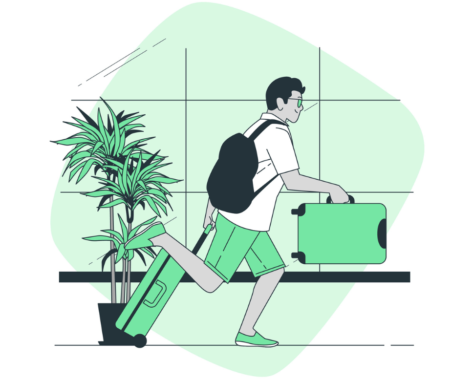
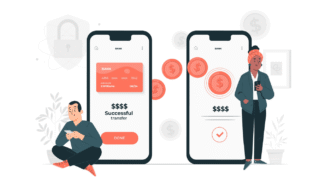
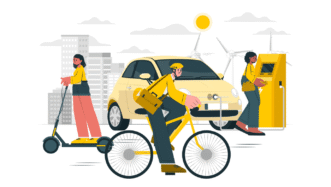


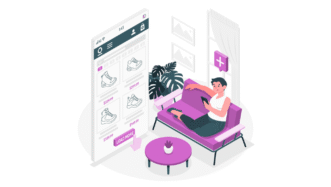
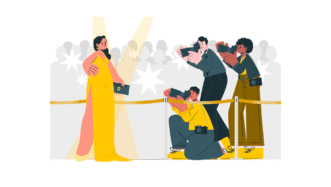
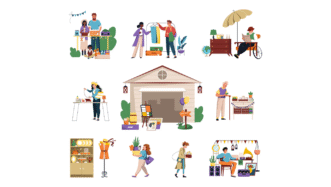

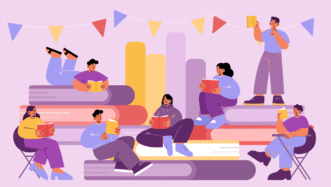

Love this lesson! Thanks Olia, great job!
Thanks, I’m glad you like it!
16 minutes is too long for a video during a class. Otherwise, it looks like a good lesson.
16 minutes is too long for a video during a class.
Oh never mind! I somehow had skipped to the next video!